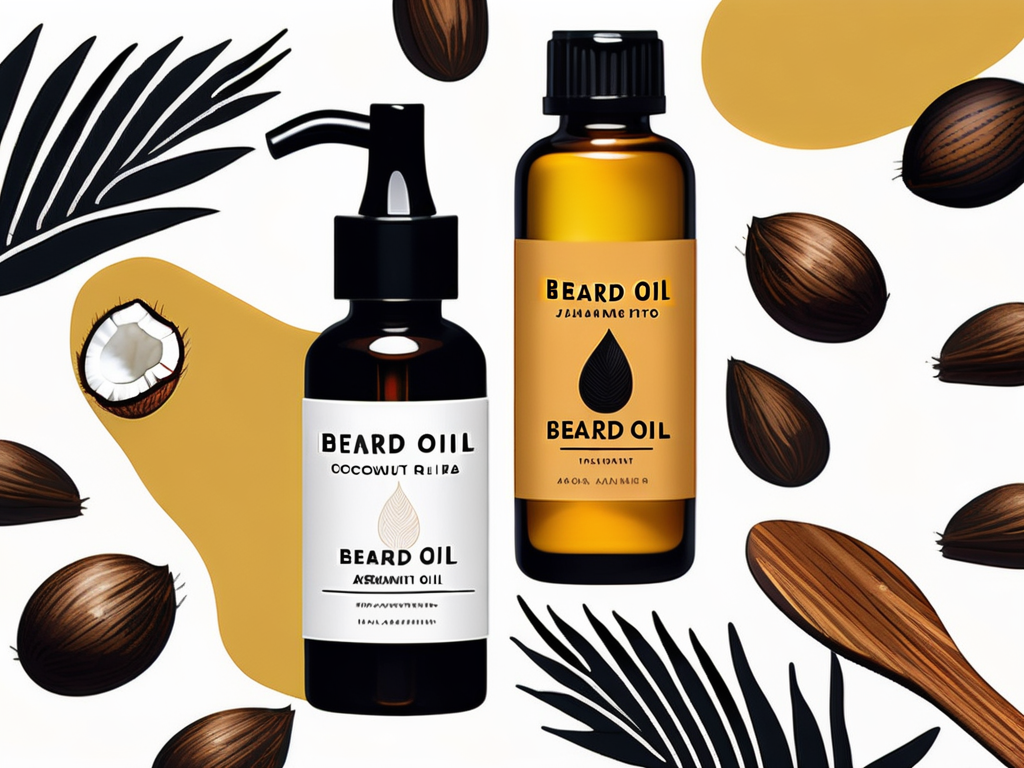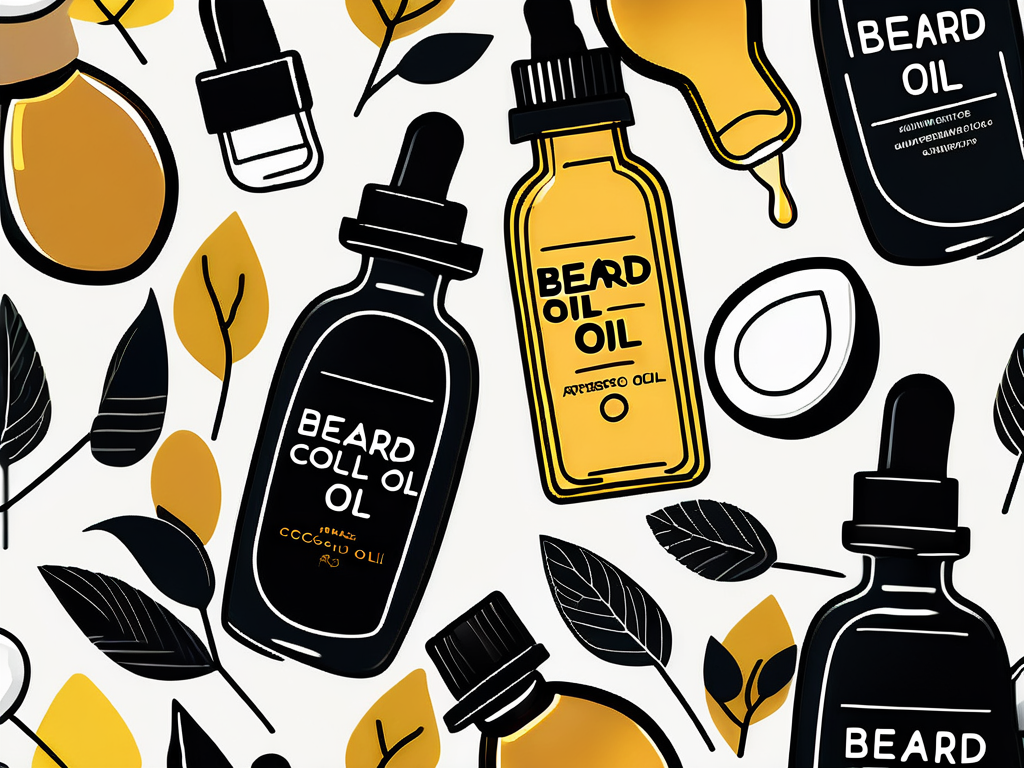Author: The Beard Struggle
Published at: Jun 27, 2024
Did you know that the average beard contains more bacteria than a toilet seat? Yes, you read that correctly! So, it's no wonder that proper beard care is essential for both hygiene and grooming.
One of the most popular products in the world of beard care is beard oil. However, what if you find yourself without any beard oil on hand? Don't worry, because, in this article, we'll show you what you can use instead of beard oil, and we'll do so by covering:
When it comes to grooming your beard, the options are plentiful. While beard oil is a popular choice for many, there are other products on the market that can serve as excellent substitutes, offering unique benefits and textures to cater to different preferences and needs.
Beard balms and waxes are excellent substitutes for beard oil. They contain a blend of oils, butters, and beeswax, providing both hydration and styling control.
These products offer a firmer hold, keeping your beard in place throughout the day. Apply a small amount of beard balm or wax to your fingertips and work it into your beard for a well-groomed and sculpted look.
What sets beard balms and waxes apart is their ability to provide structure and shape to your beard, making them ideal for those looking to tame unruly facial hair.
The beeswax component helps in shaping your beard while the oils and butter nourish and moisturize the hair and underlying skin, promoting overall beard health.
Beard serums and lotions are specifically designed to address common beard concerns. They often contain a combination of oils, vitamins, and botanical extracts that promote beard health and growth.
These luxurious products provide intense hydration, reduce itchiness, and soften your facial hair. Massage a few drops of serum or a small amount of lotion into your beard to nourish and revitalize your facial hair.
For those with longer or thicker beards, beard serums and lotions can penetrate deeply into the hair follicles, providing nourishment from within. The lightweight nature of these products ensures that they are absorbed quickly, without leaving a greasy residue, making them suitable for daily use without weighing down your beard.
Now, let's dive into some natural alternatives to beard oil that you can easily find in your kitchen or local stores.

If you enjoy getting creative, why not try making your own beard oil alternative? By blending different oils and essential oils, you can create a personalized beard care solution.
Not only is this a fun and rewarding DIY project, but it also allows you to have full control over the ingredients that go into your beard oil.

When creating your own beard oil blend, it's important to consider the properties of each oil you use. For example, almond oil is known for its moisturizing and softening effects on the skin and hair, while grapeseed oil is lightweight and easily absorbed.
Avocado oil, on the other hand, is rich in vitamins and promotes hair strength. By combining these carrier oils, you can create a well-rounded beard oil that nourishes both your facial hair and the skin underneath.
Gather your favorite carrier oils, such as almond oil, grapeseed oil, and avocado oil, and mix them together in a small bottle. Add a few drops of essential oils like peppermint, eucalyptus, or sandalwood for a pleasing scent.
Shake the bottle well before each use and apply a few drops to your beard. This DIY alternative allows you to tailor the ingredients to your preferences and discover unique combinations that suit your style.
Experimenting with essential oils can not only enhance the fragrance of your beard oil but also provide additional benefits for your skin and hair. For instance, tea tree oil is renowned for its antimicrobial properties, making it a great choice for preventing skin infections and acne.
Cedarwood oil, with its earthy and woody aroma, not only promotes hair growth but also has a calming effect on the mind. The possibilities are endless when it comes to customizing your beard oil with essential oils.
In addition to carrier oils, essential oils can provide added benefits for your beard. Tea tree oil has antimicrobial properties that can combat bacteria and prevent acne. Cedarwood oil promotes hair growth and has a calming scent. Experiment with different essential oils to find the ones that best suit your needs.
While exploring alternatives to beard oil, it's important to consider a few precautions to ensure optimal results.
Before using any new product, it's essential to test it on a small area of your skin to check for any allergic reactions or sensitivities.
Some oils and ingredients may cause irritation, especially if you have sensitive skin. Always read the labels and do a patch test before applying any alternative to your entire beard.
Every beard is different, and what works for one person may not work for another. When using alternatives to beard oil, observe any changes in your beard's health and growth.
If you notice any negative effects, such as excessive dryness or breakage, consider adjusting the ingredients or switching to a different option.
In conclusion, while beard oil is a fantastic product for grooming and maintaining your beard, there are plenty of alternatives available.
Whether you prefer natural ingredients found in your kitchen or commercial products tailored to beard care, you can find a substitute that suits your needs. Experiment with different oils, get creative with DIY blends, or get your product straight from The Beard Struggle, the most proven store online for beard products.

10 Beard Care Mistakes A Viking Should Never Make
Register now to receive 10 exclusive tips straight to your inbox.
Comments